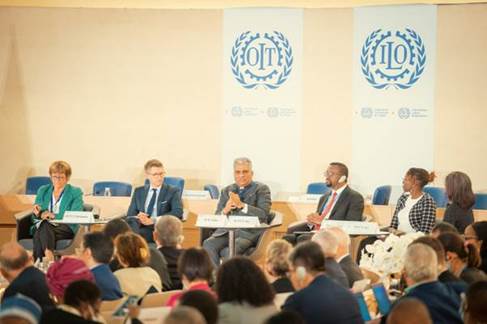Free Courses Sale ends Soon, Get It Now


Free Courses Sale ends Soon, Get It Now



Copyright infringement not intended
Context:
More on the news:
About ILO:
About the conference:
https://www.pib.gov.in/PressReleasePage.aspx?PRID=1833045
© 2024 iasgyan. All right reserved